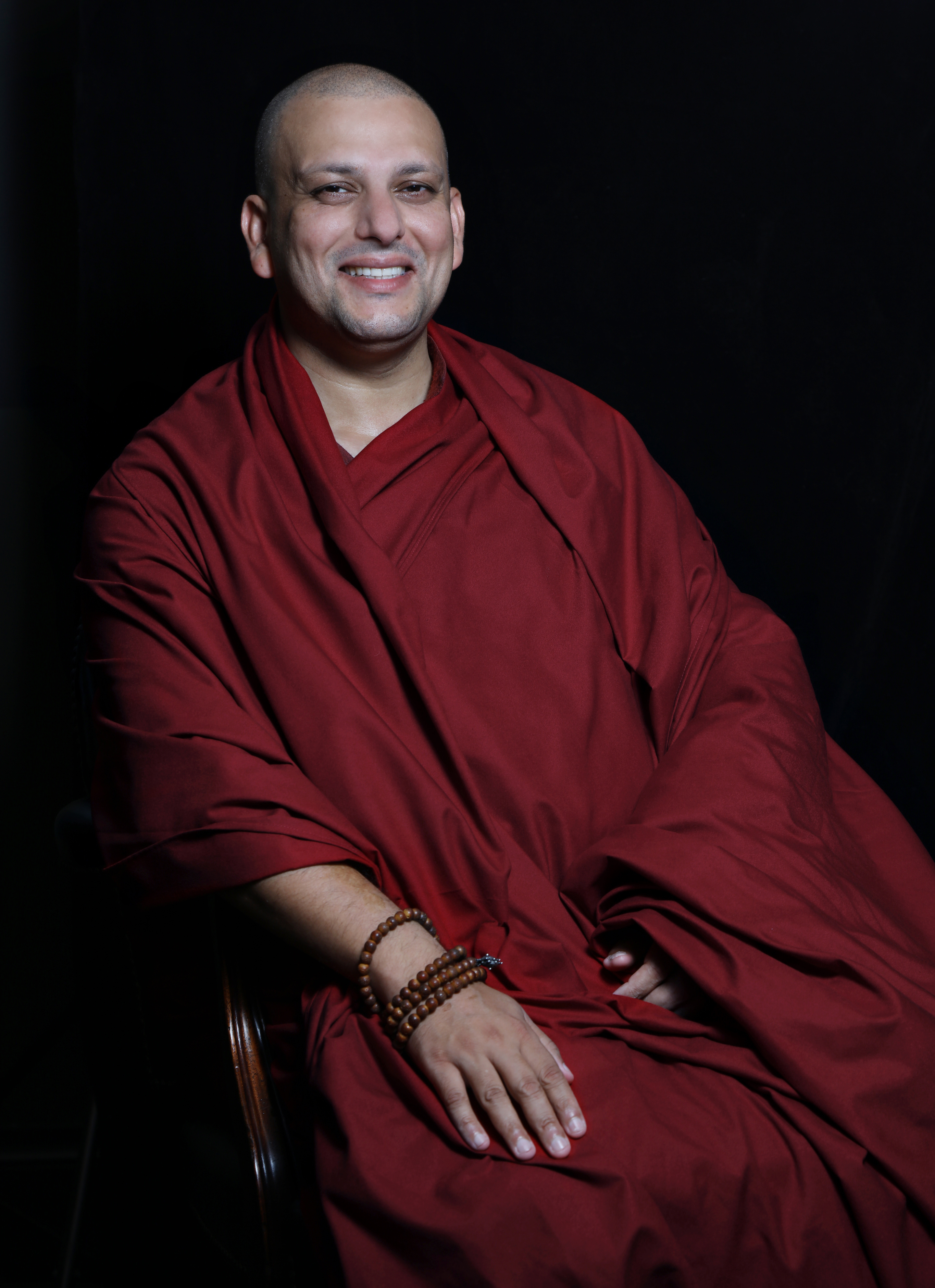“You see, you are not educated to be alone. Do you ever go out for a walk by yourself? It is very important to go out alone, to sit under a tree — not with a book, not with a companion, but by yourself — and observe the falling of a leaf, hear the lapping of the water, the fishermen’s song, watch the flight of a bird, and of your own thoughts as they chase each other across the space of your mind. If you are able to be alone and watch these things, then you will discover extraordinary riches which no government can tax, no human agency can corrupt, and which can never be destroyed.” —J. Krishnamurti
Once in a rare while, human beings come face to face with nature in a grave crux of adaptation: something brings humanity and all our normal ways to a halt. We find ourselves now in just such a suspended pause, where compassion must express itself, paradoxically, in self- isolation. While we wait for science to catch up with a new vaccine or treatment, human behavior is the only tool we have. A simple shift of behavior to self-isolation is a crucial method for containing the threat of the pandemic and for our survival both individually and as a species. That behavioral change is simple, but not easy. We are social creatures. Social bonding and relationships are of tremendous importance to our physical and mental well-being.
Rather than experiencing isolation as painful, we can change our perspective to experience it positively. This power of perspective is not a panacea for those who are suffering from the disease or its economic fallout. It does not erase the difficulties of a single mother with three kids confined to a small apartment, or those in frontline jobs balancing fear and need, or those who are suddenly jobless with a broken future. But perspective does offer some tools for resilience.
If we reframe isolation as solitude, we can recognize that solitude is not just about being alone, but also about deeper ways of relationship.
We see this easily in how we relate to the natural world. Our culture idealizes, and for most of us our own experience affirms, the benefits of time spent communing quietly with nature. Whether it’s a walk in the woods, a mountain view, or the lull of the ocean’s rhythm,
the effect is not passive, but the work of relationship. We seek out nature’s beauty, give it our full attention, and open ourselves to the experience of its restorative effects. We value it. The very term “communing” expresses care and mutuality. And all of this relationship is contained within solitude.
That same sense of deeper relationship — of communing with what we value — can also change the time we spend with family and loved ones in self-isolation. If we give them our full attention, empathy and caring can grow deeply within the experience of solitude. Whether we are looking with fresh eyes at close companions, or being forcibly reminded by absence that proximity and physical boundaries don’t define love and friendship, we are learning to realign our sense of caring. A generous gesture between neighbors seems all the more precious now, and even strangers’ greetings carry an unexpected warmth.
Solitude can also serve as self-care. Until this interruption, so many of us were firefighters, rushing from one blaze to the next, one step from being burnt out. The sudden gift of solitude invites us to spend some healthy quality time with ourselves. A face to face conversation with our own mind and body can help us better understand what is truly ailing us, not just physically, mentally, or emotionally, but also spiritually. Solitude opens a space to contain that conversation, where we can hear ourselves speak and sit with what we are learning. Oddly enough, the understanding we gain in that very private conversation with our isolated self will serve us generously in every interaction with loved ones, friends, acquaintances, and strangers.
What happens when self-isolation is no longer enforced — when we emerge collectively from this chrysalis into some new kind of normal? What skills can we bring away from this time that will be valuable in a different future? Perhaps we will remember how a shift in perspective turned solitude into a source of deeper relationships, instead of an enforced alienation that we suffered unwillingly. Perhaps we can choose to return to this space of solitude freely, for a few minutes every day. Perhaps we will call it meditation, but it won’t be a means of escape or self-isolation within our own minds. Our time in self-isolation could help us learn in a profound way what it means to be a social creature, and how ways of relating to others with care and compassion need to be a foundation of whatever new future emerges from this time.
The Venerable Tenzin Priyadarshi is President & CEO of The Dalai Lama Center for Ethics and Transformative Values at the Massachusetts Institute of Technology. His recent book, Running Toward Mystery: Adventures of an Unconventional Life, is available through Random House U.S.


